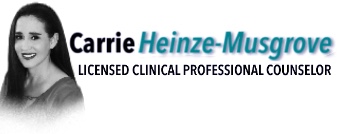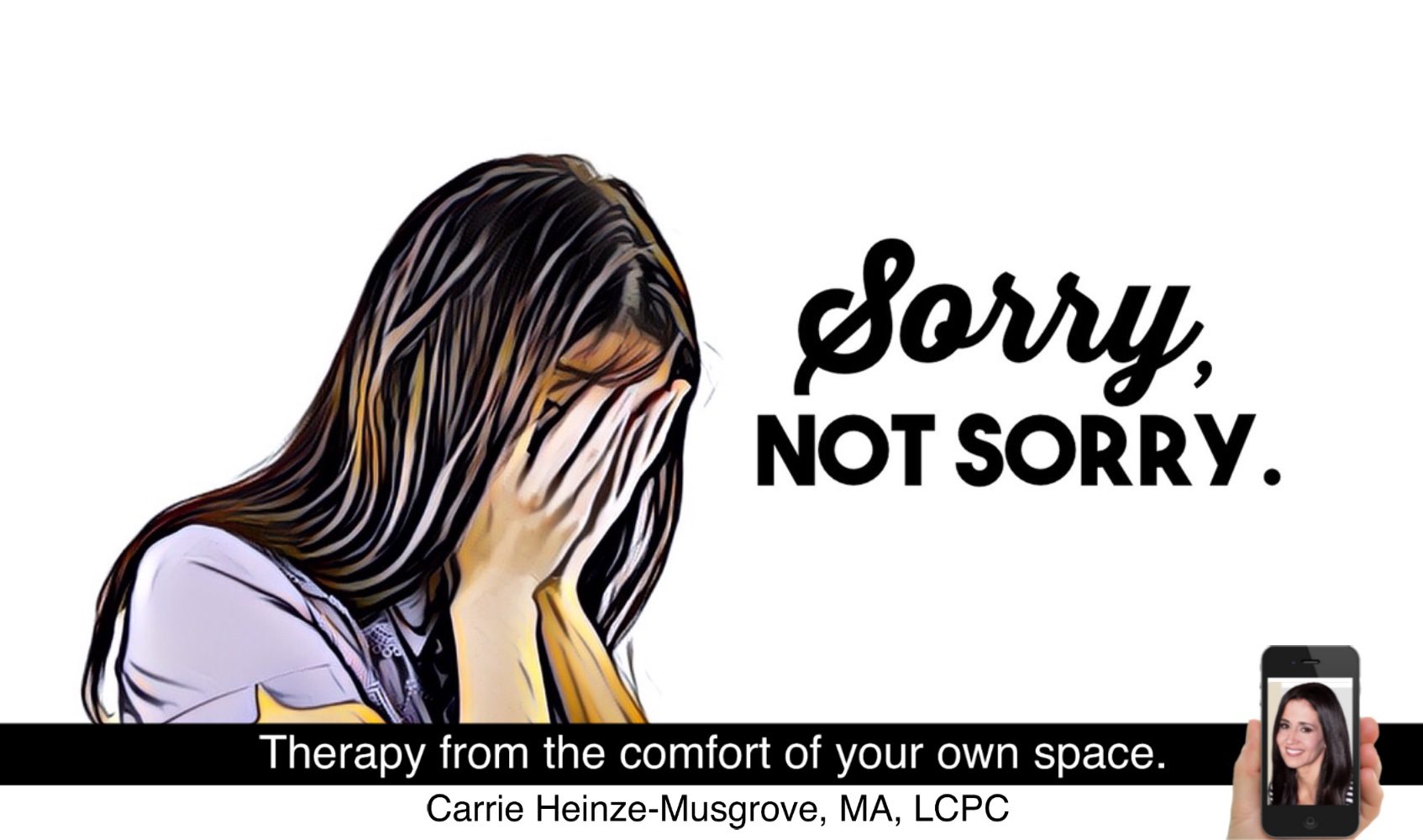Do you apologize like it’s your job?
Do you have a knee-jerk tendency to over-apologize? Do you use apologizes to placate people and smooth things over? Do you say you’re the one who is sorry in order to avoid conflict even though it’s not your fault? Do you apologize for having an opinion or for asking a “stupid question?”
For many of us, the words “I’m sorry” have become something we reactively utter, regardless of whether we’ve done anything wrong. Ultimately, apologies can become a tool to manage people and their feelings due to our own discomfort with the situation.
Should you say you’re sorry if you genuinely mess up? Of course. However, using those two seemingly harmless little words as a blanket solution to any problem that pops up, can lead to major consequences.
For some of us, apologizing has become such an ingrained behavior, it seems we apologize for just plain existing. Before we even open our mouths, our words feel like an imposition.
Not apologizing can make it seem like we’re rude, self-important, arrogant, stupid, bossy or obnoxious.
But this behavior goes beyond justifying other people’s poor actions, turning you into a pushover. The most detrimental and lasting side effect of over-apologizing is how it corrodes your self-image.
What is one way people tend to assume blame? By over-apologizing. By taking responsibility for things that aren’t your fault, you denigrate your self-esteem. “Sorry” also loses its value when overused.
So, where did we pick up this habit?
This apology impulse tends to be rooted in childhood. We are taught to uphold the value of politeness. Being nice equates to likability. Saying you’re sorry acts as a way to disarm people before sharing your thoughts.
Does any of this ring a bell? If so, chances are this isn’t how you want to come across to people, nor is it an accurate reflection of your character.
Being mindful of your reasons for over-apologizing is a good first step. It’s time to reclaim your confidence and and quit saying you’re sorry as a crutch.
Before you say you’re sorry, stop and ask yourself:
• Have I really caused a problem for someone else?
• What am I sorry for?
• Does apologizing solve the problem?
This exercise takes only a few seconds to do in your head, but it helps reprogram your brain to look at apologies differently.
You’ll begin to separate your unnecessary apologies from your necessary apologies, and eventually you won’t have to recap at all.
If you’ve lost count of how many times you’ve said “I’m sorry” when “I’m sorry” doesn’t fit, I’d love to show you how to feel unapologetic about sharing your ideas, space, feelings or… everything else.
Apologize if you mess up. Don’t apologize for having a voice. Let me help you with your auto-apology problem.
Not sorry,
Carrie






